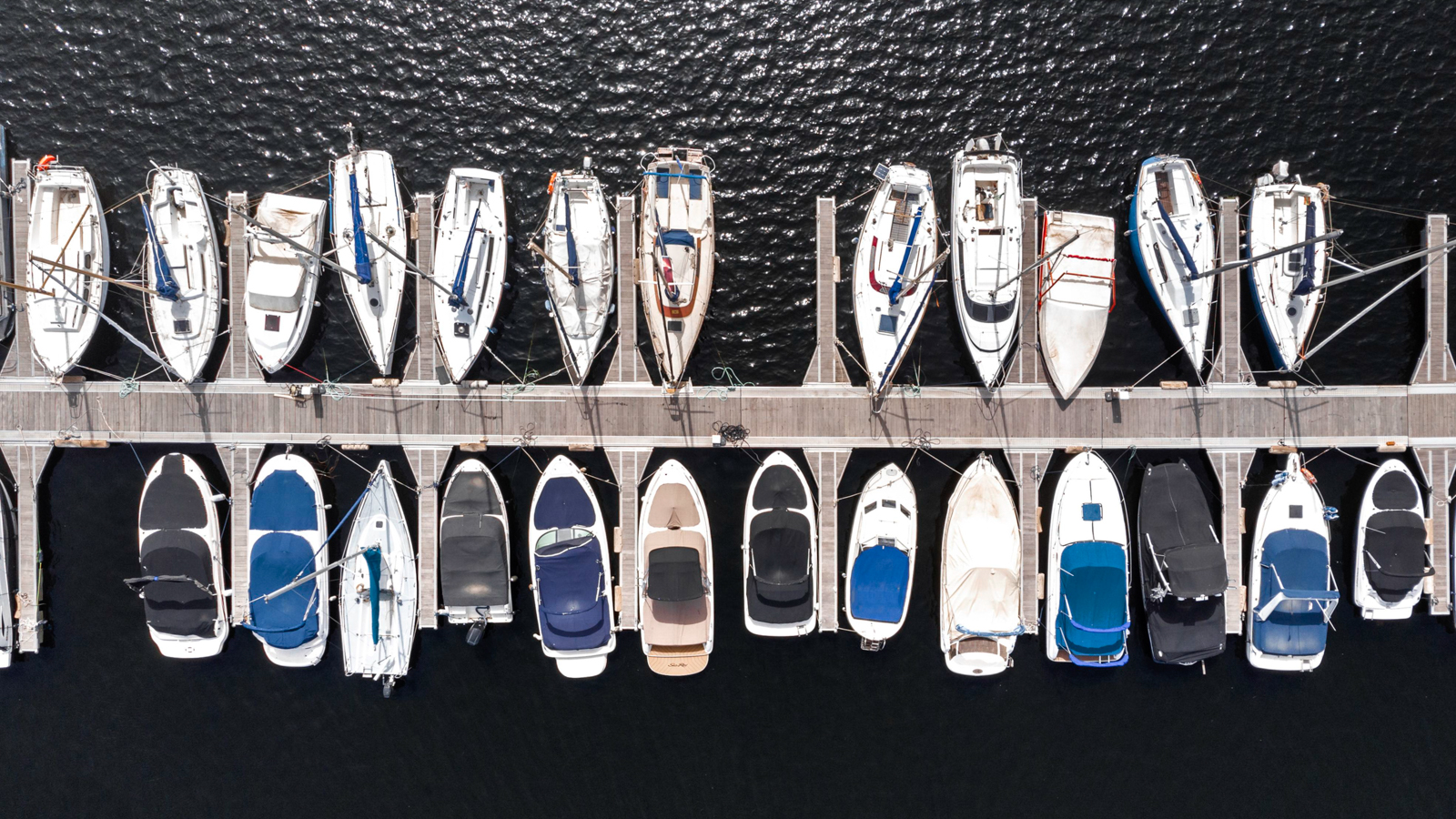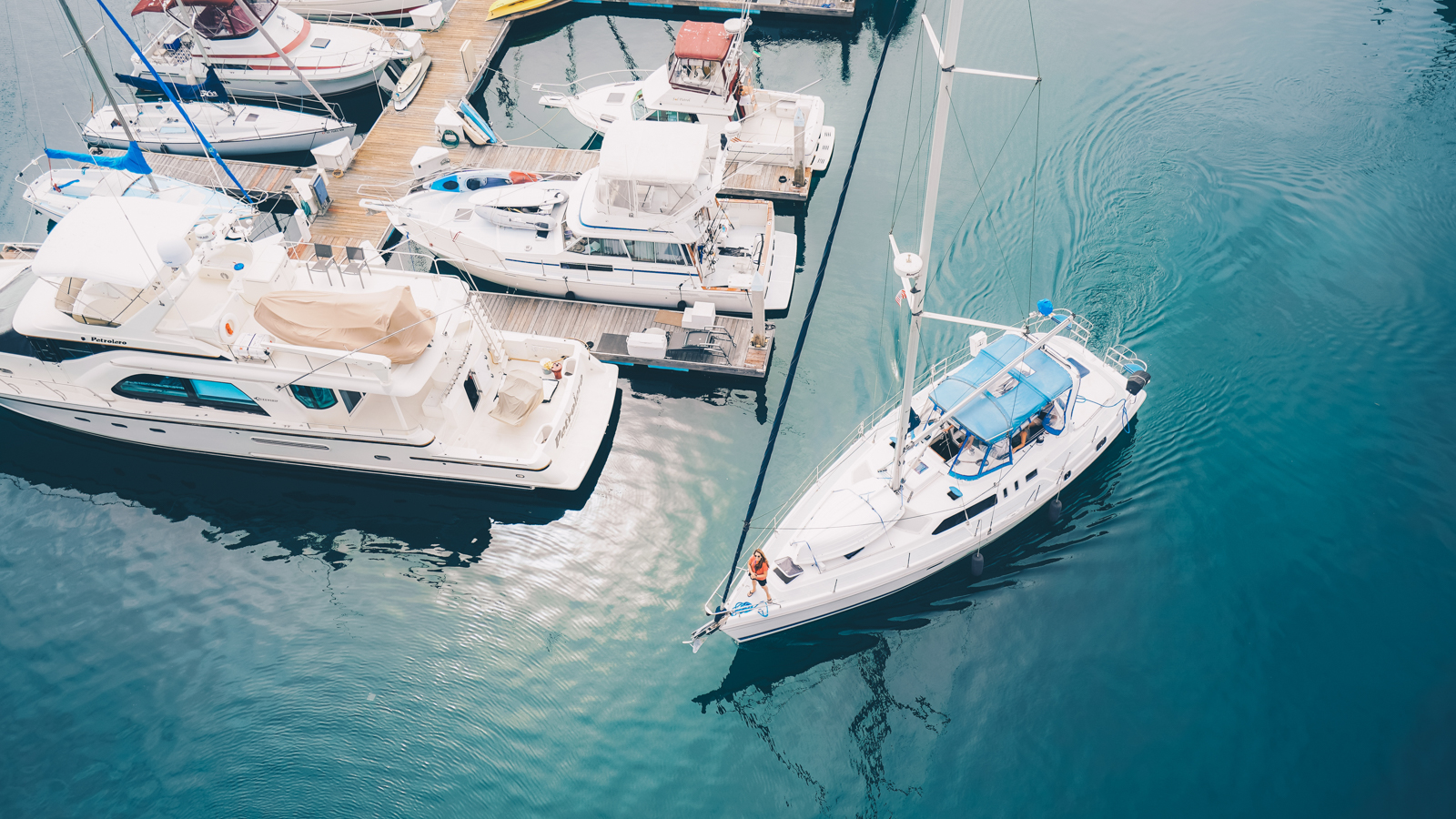Calm, patience, slowness, attention, precision: all these terms are inextricably linked to the moment of boat docking. Of course, there’s
Origins of Boat Docking
The history of the United States boat docking championship begins in 1971, in the coastal city of Crisfield, in Maryland. To be clear, we’re east of Washington D.C., in the waters of the great Chesapeake Bay, which borders Maryland and Virginia. There, in the port of Crisfield, a navigator must have somehow challenged another sailor, perhaps via radio: want to bet I can dock faster than you? Here, the origins of Boat Docking stem from this, from some friendly challenge, from that desire to transform – for fun – anything into a competition. Starting from 1971, this became increasingly serious, transforming a challenge between friends into a sporting discipline with a structured and widely followed championship. Indeed, we’re talking about competitions organized every year between August and October, in various cities and marinas of the Chesapeake Bay, not only in Maryland, but also in Virginia.
Those who practice this sport, that is, the boater who puts themselves and their vessel in competition, call themselves a “Chesapeake Cowboy“. The first part of the name refers to the bay itself where this discipline was born and takes place, while the term Cowboy refers to the peculiar movements that are made during boat docking competitions; which, not coincidentally, are also called “Water Rodeo“.
The 2023 Boat Docking Championship
To understand what we’re talking about, it might be helpful to look at the 2023 boat docking championship. The first competition was held on August 27, at Taylors Island; the second on September 3, in Crisfield, which as we’ve seen is the birthplace of Boat Docking; on September 9, it moved to Brew River, then to Hooper Island, to Solomons, to Suicide Bridge, until reaching the last competition, which will be held on October 21 in Tilghman. This year, at the first Water Rodeo competition in August, the audience present in the marina consisted of about 2,000 people, all gathered to see the best “dockers” in action. And it’s certainly not a quiet sport. On the contrary, apparently, the pilots are convinced that the louder they shout, the faster the docking will be.
How a Boat Docking Competition Works
But how does a boat docking competition work, as tackled by the Chesapeake Cowboys? First of all, we’re talking about motorboats, starting with the typical elongated and low American Fisherman boats with a rather wide stern. There are various categories, including the composition of the teams. And here it should be said that it’s not boring: there are crews composed of single adults, teams formed by husband and wife, other teams with fathers and children, or even teams with teenagers in command and mothers in charge of the “lassos”. Because yes, there really is a component that can be traced back to typical cowboy activities. While one person is dealing with the boat’s reverse maneuvers, the other is dedicated to throwing the “lassos”, or ropes appropriately composed in a “circle” to more easily target the 4 large mooring poles that delimit the boat slip.
It all starts with the boat stationary in the water, ready for the start: when the judge signals the start, the boat speeds off into the docking area, then enters the boat slip strictly in reverse, to arrive with the stern a few centimeters from the dock. But that’s obviously not all: the hull must enter within the space defined by the 4 poles that delimit the boat slip, pylons that must be parallelly “ringed” with the mooring lines. When the stern is a few centimeters from the dock and all the lines are secured, the stopwatch is stopped: the crew that takes the least time wins.
As you can imagine, collisions with the pylons are commonplace here: the Water Rodeo is absolutely not recommended for those who want to keep their boat pristine. However, it should be noted that the fastest can aspire to prizes theoretically sufficient to restore their boat: in fact, up to 10 thousand dollars are at stake, not to mention the fact that often the participating boats have small sponsorships from local businesses.
That said, let’s leave the Water Rodeo to the Chesapeake Cowboys, and continue to dedicate time and attention to boat docking!



